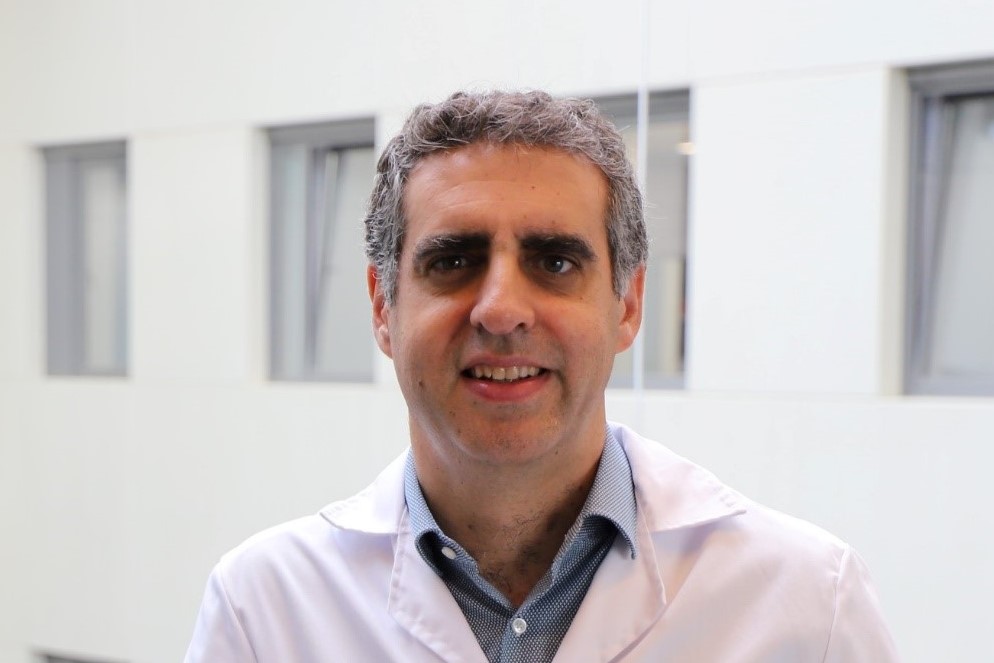Manel Esteller, elected member of the European Academy of Sciences

Manel Esteller, professor of Genetics of the UB at the Department of Physiological Sciences of the Faculty of Medicine and Health Sciences, has been elected member of the European Academy of Sciences (EURASC). Esteller has been elected for his important contributions to biomedical science, and specifically for his findings in the epigenetics of cancer, which brought advances to the knowledge of the illness, the application of new diagnostic tests and the development of new treatments.

Manel Esteller, professor of Genetics of the UB at the Department of Physiological Sciences of the Faculty of Medicine and Health Sciences, has been elected member of the European Academy of Sciences (EURASC). Esteller has been elected for his important contributions to biomedical science, and specifically for his findings in the epigenetics of cancer, which brought advances to the knowledge of the illness, the application of new diagnostic tests and the development of new treatments.
The European Academy of Sciences is an independent and non-benefit, non-governmental organization built by distinguished academicians and engineers that carry out new research studies and work on advanced technologies, together for the commitment to promote science and technology and favour the essential role of science in its social and economic development. Likewise, it contributes to the development of international policies on science and technology, and it eases the creation of a necessary critical mass to solve the most relevant scientific problems. In this sense, EURASC plays a significant role in the promotion of peace and prosperity, since it boosts a broad international scientific and technological collaboration without distinction of race, gender, language or religion.
Manel Esteller i Badosa (Sant Boi de Llobregat, 1968) got his doctorate degree in Medicine at the University of Barcelona. He is now a researcher at ICREA and leads the research line on epigenetics of cancer in the Josep Carreras Research Institute against Leukaemia (IJC) and is the director of the centre. Trained in the University Hospital Vall dʼHebron, the Johns Hopkins Hospital in Baltimore (United States) and the Spanish National Centre of Oncological Research (CNIO), he returned to Catalonia as the director of the Program on Epigenetics and Biology of Cancer in IDIBELL. Esteller has put epigenetics at the forefront of biomedicine.
